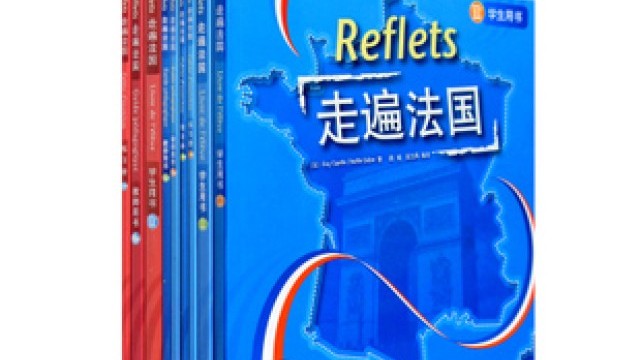如何区分「an」和「année」?
“年年岁岁”好相似,其实“岁岁年年”也有很多不同啦!
这四对阴,阳性不同且分别用来表示“早,晚,天,年”四个时间概念的常用近义词,你分得清楚吗?
matin / matinée
soir / soirée
jour / journée
an / année
阳性名词重在表达时间的概念,即“动作发生在何时”;阴性名词侧重表示空间的概念,即“该段时间内所发生的动作”。
但某些表达法固定使用阴性或阳性名词,是约定俗成的。
Matin 早上,早晨 / Matinée 早间,上午
ex:
Ils se lèvent tôt le matin.
他们早晨起得早。(指何时;不能用matinée)
Ils se voient dans la matinée.
他们在上午见面。(在一个时间段内)
On travaille du matin au soir.
大伙从早干到晚。(只能用matin)
Passe une bonne matinée.
上午愉快。(不能用matin)
但有时可以通用:
ex:
Nous avons cours le matin.
上午我们有课。
Nous avons cours dans la matinée.
我们上午有课。
Soir 晚上 / Soirée 晚间;晚会
ex:
Bonne Soirée.
晚间愉快;晚上玩得愉快。
Hier soir, il a lu du Maupassant.
昨晚,他读了莫泊桑的书。
Hier, il a lu du Maupassant toute la soirée.
昨天,他读了一晚莫泊桑的书。
Il va venir ce sior.
今晚他要来。
Il va à la soirée.
他要来参加晚会。
Jour 白天 / Journée 一天,日子
ex:
Le jour de travail
工作日
Une journée de travail
一天的工作
Un travail de jour
白班
Dans la journée
一天之内
C'est à deux jours de train.
距此两天车程。
Il y a deux journée de train.
得乘两天火车。
An 年;岁 / Année 年;年级
ex:
Le Nouvel An
新年
Une nouvelle année commence.
新的一年开始了。
Ce bébé a deux ans.
这个婴儿两岁。
Il est en deuxième année.
他现在上二年级。
- 相关热点:
- 法语入门
- 沪江网校法语教研文章
- 法语俚语
















